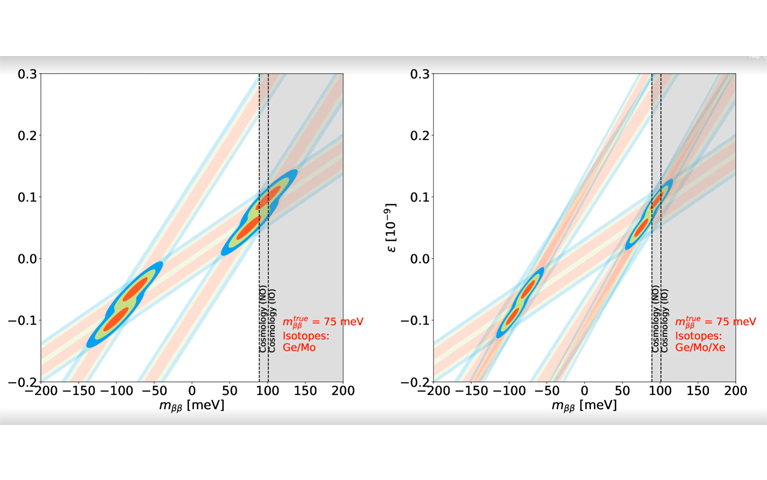Graham Van Goffrier
I intend to pursue an academic career straddling the interface between fundamental physics and mathematics, guided by modern tools such as machine learning and Bayesian inference.

2 January 2019
Project title: Improved Nuclear Matrix Elements for Neutrinoless Double-Beta Decay
Research Group: High Energy Physics
Supervisor(s): Prof Frank Deppisch & Prof Keith Hamilton
Introduction:

Project description:
Neutrinoless double-beta decay (0vbb) is of keen interest to the particle community for two reasons: its half-life is directly sensitive to the neutrino mass scale, which remains unknown; and it violates lepton number, an otherwise unbroken symmetry of the Standard Model. The largest obstacle in 0vbb theory is the computation of the nuclear matrix elements (NMEs) for each relevant isotope, which due to the many-body nature of the nuclear problem, have only been estimated within an order of magnitude.
My thesis aims to paint a clear roadmap to the future of nuclear computations for this frontier beyond-the-standard-model process. In the first phase, I have applied Markov Chain Monte Carlo simulation to consider the impacts of current and improved NME estimates in multiple nuclear isotope on the sensitivity of planned searches, both to the neutrino mass scale and to so-called short-range mechanisms. In the second phase (in progress), I make use of chiral effective field theory to improve precision calculations of recently recognised renormalisation-enhanced contact terms, which contribute significantly to the 0vbb amplitude at the two-nucleon level.
First year group project: UKAEA
Placement: Spotify
 Close
Close

